Princeton Studies in International History and Politics76
Tanisha M. Fazal, G. John Ikenberry, William C. Wohlforth, and Keren Yarhi-Milo, Series Editors
The Princeton Studies in International History and Politics series publishes preeminent work in international relations. Focusing on books that have a historical dimension and that bring together insights from other social science disciplines, the series considers fundamental questions in international politics and political economy.
-

How extreme polarization undermines the advantages that democracies have when formulating foreign policy
-

How and why China has pursued information-age weapons to gain leverage against its adversaries
-
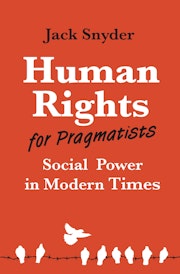
An innovative framework for advancing human rights
-
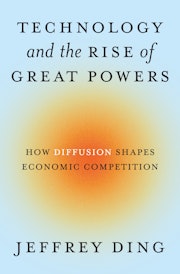
A novel theory of how technological revolutions affect the rise and fall of great powers
-
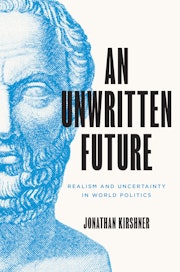
An argument for the classical realist approach to world politics
-
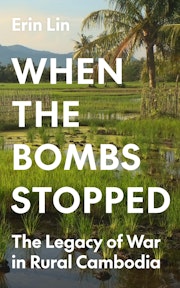
How undetonated bombs from a war that ended more than fifty years ago still affect Cambodian farmers and their land
-
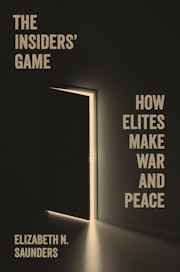
How elites shape the use of force in American foreign policy
-
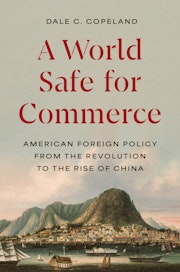
An Economist Biggest Book of the Year
How commerce determines whether America preserves the peace or goes to war -
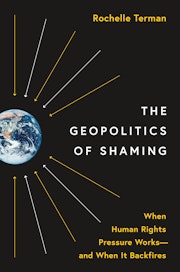
A bold new perspective on the strategic logic of international human rights enforcement
-
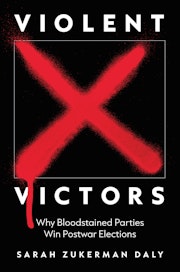
Why populations brutalized in war elect their tormentors
-
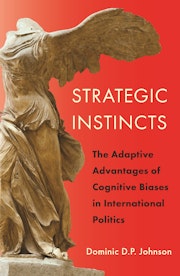
"A very timely book."—Anne-Marie Slaughter, CEO of New America
How cognitive biases can guide good decision making in politics and international relations -
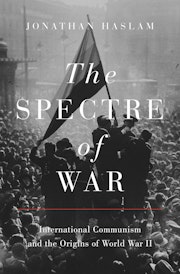
A bold new history showing that the fear of Communism was a major factor in the outbreak of World War II
-
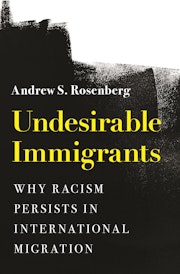
How the racist legacy of colonialism shapes global migration
-
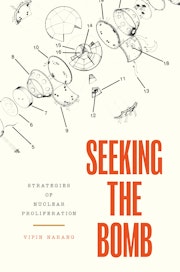
The first systematic look at the different strategies that states employ in their pursuit of nuclear weapons
-
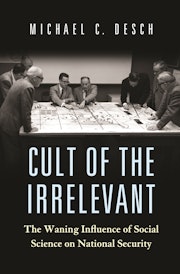
How professionalization and scholarly “rigor” made social scientists increasingly irrelevant to US national security policy
-
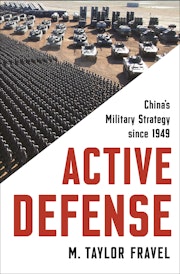
What changes in China’s modern defense policy reveal about military organizations and strategy
-
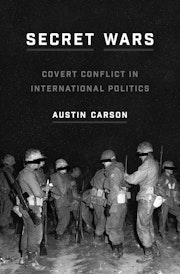
Secret Wars is the first book to systematically analyze the ways powerful states covertly participate in foreign wars, showing a recurring pattern of such behavior stretching from World War I to U.S.-occupied Iraq. Investigating what...
-
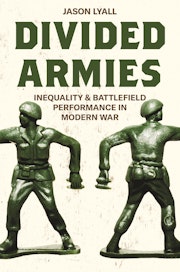
How do armies fight and what makes them victorious on the modern battlefield? In Divided Armies, Jason Lyall challenges long-standing answers to this classic question by linking the fate of armies to their levels of inequality....
-
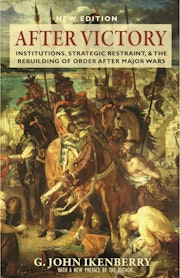 The end of the Cold War was a "big bang" reminiscent of earlier moments after major wars, such as the end of the Napoleonic Wars in 1815 and the end of the world wars in 1919 and 1945. But what do states that win wars do with their...
The end of the Cold War was a "big bang" reminiscent of earlier moments after major wars, such as the end of the Napoleonic Wars in 1815 and the end of the world wars in 1919 and 1945. But what do states that win wars do with their...
-
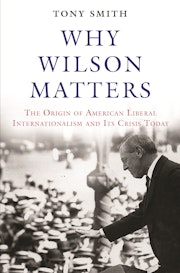
How Woodrow Wilson's vision of making the world safe for democracy has been betrayed—and how America can fulfill it again
-
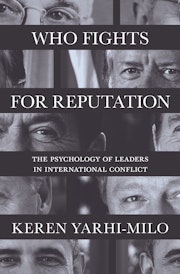
How psychology explains why a leader is willing to use military force to protect or salvage reputation
-
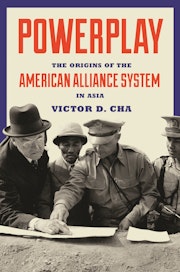
A close look at the evolution of American political alliances in Asia and their future
-
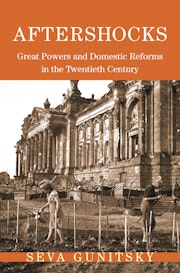
Over the past century, democracy spread around the world in turbulent bursts of change, sweeping across national borders in dramatic cascades of revolution and reform. Aftershocks offers a new global-oriented explanation for this...
-

In this innovative theoretical book, Elizabeth Kier uses a cultural approach to take issue with the conventional wisdom that military organizations inherently prefer offensive doctrines. Kier argues instead that a military's culture...
-
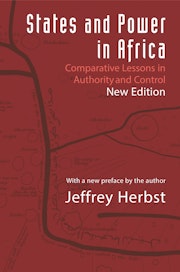
Theories of international relations, assumed to be universally applicable, have failed to explain the creation of states in Africa. There, the interaction of power and space is dramatically different from what occurred in Europe. In...
-
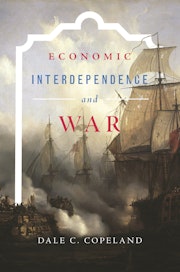
Does growing economic interdependence among great powers increase or decrease the chance of conflict and war? Liberals argue that the benefits of trade give states an incentive to stay peaceful. Realists contend that trade compels...
-
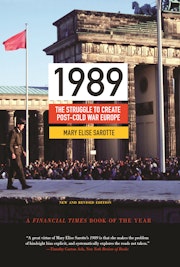
How the political events of 1989 shaped Europe after the Cold War
-
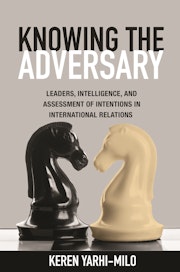
States are more likely to engage in risky and destabilizing actions such as military buildups and preemptive strikes if they believe their adversaries pose a tangible threat. Yet despite the crucial importance of this issue, we don't...
-
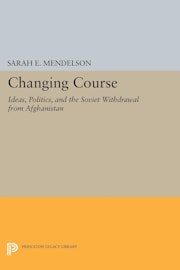
Soviet foreign policy changed dramatically in the 1980s. The shift, bitterly resisted by the country's foreign policy traditionalists, ultimately contributed to the collapse of the Soviet Union and the end of the Cold War. In Changing...
-
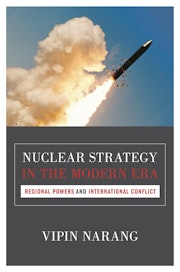
The world is in a second nuclear age in which regional powers play an increasingly prominent role. These states have small nuclear arsenals, often face multiple active conflicts, and sometimes have weak institutions. How do these...
-
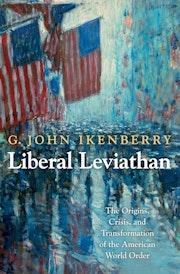
A new vision for the American world order
-
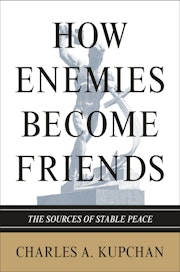
How nations move from war to peace
-
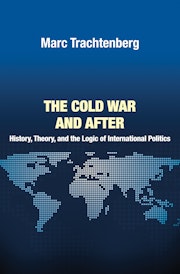
A new way of looking at international relations from a leading expert in the field
-
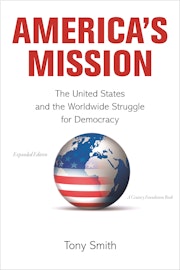
America's Mission argues that the global strength and prestige of democracy today are due in large part to America's impact on international affairs. Tony Smith documents the extraordinary history of how American foreign policy has been...
-
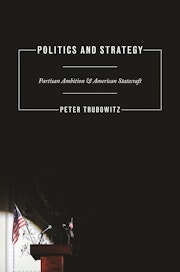
Why do some national leaders pursue ambitious grand strategies and adventuresome foreign policies while others do not? When do leaders boldly confront foreign threats and when are they less assertive? Politics and Strategy shows that...
-
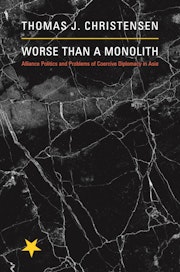
In brute-force struggles for survival, such as the two World Wars, disorganization and divisions within an enemy alliance are to one's own advantage. However, most international security politics involve coercive diplomacy and...
-
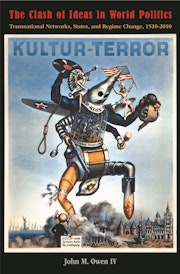
Some blame the violence and unrest in the Muslim world on Islam itself, arguing that the religion and its history is inherently bloody. Others blame the United States, arguing that American attempts to spread democracy by force have...
-
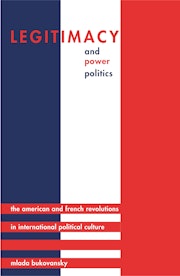
This book examines the causes and consequences of a major transformation in both domestic and international politics: the shift from dynastically legitimated monarchical sovereignty to popularly legitimated national sovereignty. It...
-
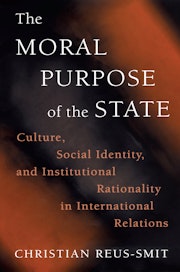
This book seeks to explain why different systems of sovereign states have built different types of fundamental institutions to govern interstate relations. Why, for example, did the ancient Greeks operate a successful system of...
-
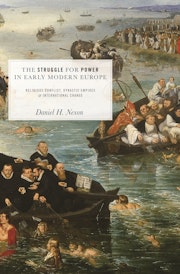
Scholars have long argued over whether the 1648 Peace of Westphalia, which ended more than a century of religious conflict arising from the Protestant Reformations, inaugurated the modern sovereign-state system. But they largely ignore...
-
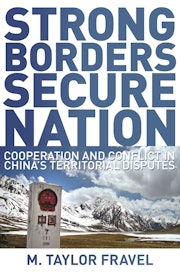
As China emerges as an international economic and military power, the world waits to see how the nation will assert itself globally. Yet, as M. Taylor Fravel shows in Strong Borders, Secure Nation, concerns that China might be prone to...
-
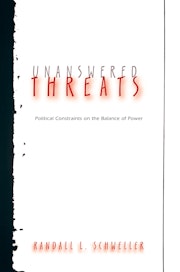
Why have states throughout history regularly underestimated dangers to their survival? Why have some states been able to mobilize their material resources effectively to balance against threats, while others have not been able to do so?...
-
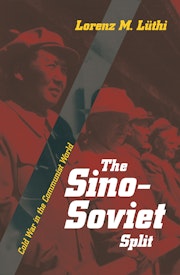
A decade after the Soviet Union and the People's Republic of China established their formidable alliance in 1950, escalating public disagreements between them broke the international communist movement apart. In The Sino-Soviet Split...
-
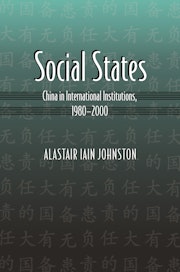
"Constructive engagement" became a catchphrase under the Clinton administration for America's reinvigorated efforts to pull China firmly into the international community as a responsible player, one that abides by widely accepted norms....
-
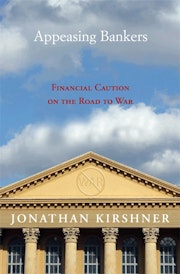
In Appeasing Bankers, Jonathan Kirshner shows that bankers dread war--an aversion rooted in pragmatism, not idealism. "Sound money, not war" is hardly a pacifist rallying cry. The financial world values economic stability above all...
-
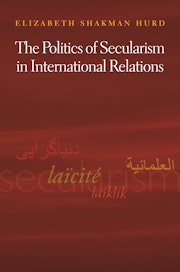
Conflicts involving religion have returned to the forefront of international relations. And yet political scientists and policymakers have continued to assume that religion has long been privatized in the West. This secularist...
-
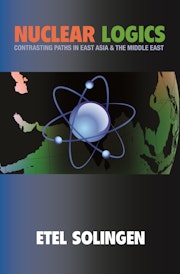
Nuclear Logics examines why some states seek nuclear weapons while others renounce them. Looking closely at nine cases in East Asia and the Middle East, Etel Solingen finds two distinct regional patterns. In East Asia, the norm since...
-
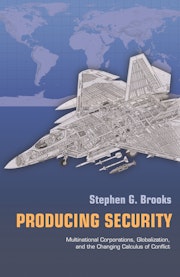
Scholars and statesmen have debated the influence of international commerce on war and peace for thousands of years. Over the centuries, analysts have generally treated the questions "Does international commerce influence security?" and...
-
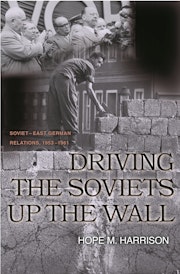
The Berlin Wall was the symbol of the Cold War. For the first time, this path-breaking book tells the behind-the-scenes story of the communists' decision to build the Wall in 1961. Hope Harrison's use of archival sources from the former...
-
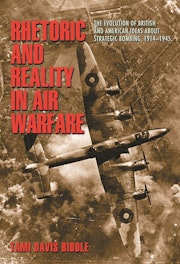
A major revision of our understanding of long-range bombing, this book examines how Anglo-American ideas about "strategic" bombing were formed and implemented. It argues that ideas about bombing civilian targets rested on--and gained...
-
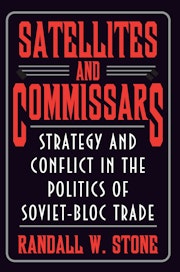
Why did the Soviet Union squander the political leverage afforded by its trade subsidy to Eastern Europe? Why did Soviet officials fail to bargain with resolve, to link subsidies to salient political issues, to make credible...
-
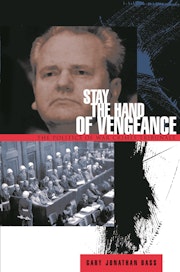
International justice has become a crucial part of the ongoing political debates about the future of shattered societies like Bosnia, Kosovo, Rwanda, Cambodia, and Chile. Why do our governments sometimes display such striking idealism...
-
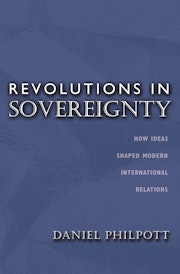
How did the world come to be organized into sovereign states? Daniel Philpott argues that two historical revolutions in ideas are responsible. First, the Protestant Reformation ended medieval Christendom and brought a system of...
-
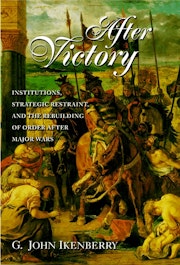
The end of the Cold War was a "big bang" reminiscent of earlier moments after major wars, such as the end of the Napoleonic Wars in 1815 and the end of the World Wars in 1919 and 1945. Here John Ikenberry asks the question, what do...
-
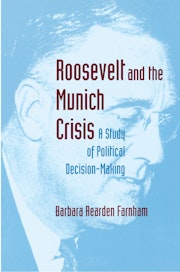
Franklin Roosevelt's intentions during the three years between Munich and Pearl Harbor have been a source of controversy among historians for decades. Barbara Farnham offers both a theory of how the domestic political context affects...
-
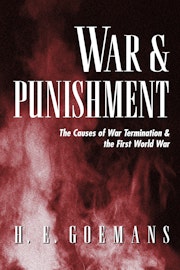
What makes wars drag on and why do they end when they do? Here H. E. Goemans brings theoretical rigor and empirical depth to a long-standing question of securities studies. He explores how various government leaders assess the cost of...
-
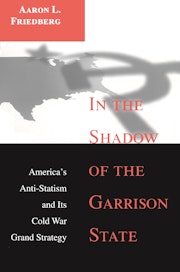
War--or the threat of war--usually strengthens states as governments tax, draft soldiers, exert control over industrial production, and dampen internal dissent in order to build military might. The United States, however, was founded on...
-
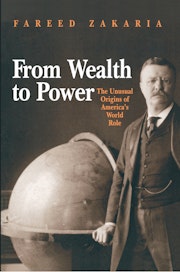
What turns rich nations into great powers? How do wealthy countries begin extending their influence abroad? These questions are vital to understanding one of the most important sources of instability in international politics: the...
-
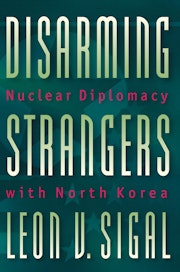
In June 1994 the United States went to the brink of war with North Korea. With economic sanctions impending, President Bill Clinton approved the dispatch of substantial reinforcements to Korea, and plans were prepared for attacking the...
-
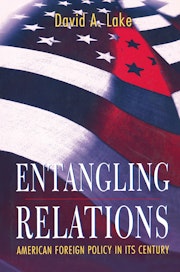
Throughout what publisher Henry Luce dubbed the "American century," the United States has wrestled with two central questions. Should it pursue its security unilaterally or in cooperation with others? If the latter, how can its...
-
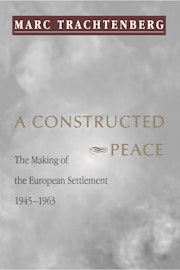
People still think of the Cold War as a simple two-sided conflict, a kind of gigantic arm wrestle on a global scale," writes Marc Trachtenberg, "but this view fails to grasp the essence of what was really going on." America and Russia...
-
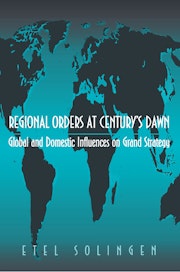
Etel Solingen provides a comprehensive explanation of foreign policy based on how states throughout the world have confronted the rapid emergence of a global economy and international institutions. A major advance in international...
-
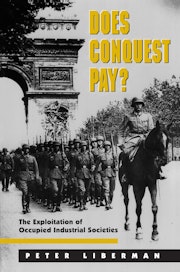
Can foreign invaders successfully exploit industrial economies? Since control over economic resources is a key source of power, the answer affects the likelihood of aggression and how strenuously states should counter it. The resurgence...
-
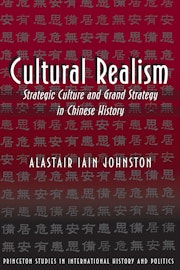
Cultural Realism is an in-depth study of premodern Chinese strategic thought that has important implications for contemporary international relations theory. In applying a Western theoretical debate to China, Iain Johnston advances...
-
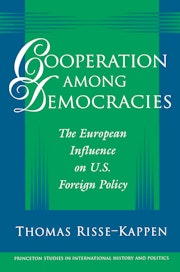
In exploring the special nature of alliances among democracies, Thomas Risse-Kappen argues that the West European and Canadian allies exerted greater influence on American foreign policy during the Cold War than most analysts assume. In...
-
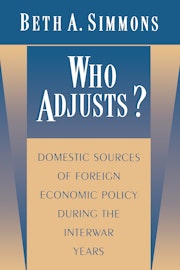
In this work Beth Simmons presents a fresh view of why governments decided to abide by or defect from the gold standard during the 1920s and 1930s. Previous studies of the spread of the Great Depression have emphasized "tit-for-tat"...
-
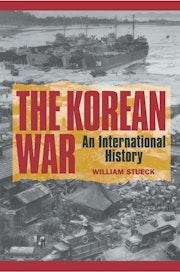
This first truly international history of the Korean War argues that by its timing, its course, and its outcome it functioned as a substitute for World War III. Stueck draws on recently available materials from seven countries, plus the...
-
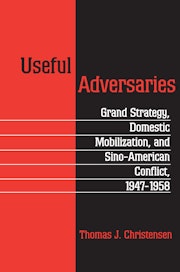
This book provides a new analysis of why relations between the United States and the Chinese Communists were so hostile in the first decade of the Cold War. Employing extensive documentation, it offers a fresh approach to long-debated...
-
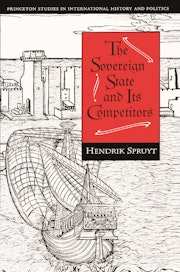
The present international system, composed for the most part of sovereign, territorial states, is often viewed as the inevitable outcome of historical development. Hendrik Spruyt argues that there was nothing inevitable about the rise...
-
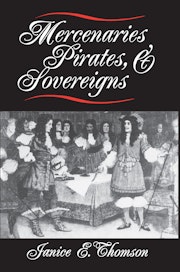
The contemporary organization of global violence is neither timeless nor natural, argues Janice Thomson. It is distinctively modern. In this book she examines how the present arrangement of the world into violence-monopolizing sovereign...
-
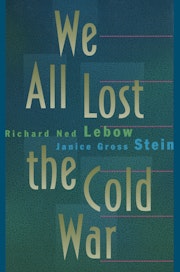
Drawing on recently declassified documents and extensive interviews with Soviet and American policy-makers, among them several important figures speaking for public record for the first time, Ned Lebow and Janice Stein cast new light on...
-
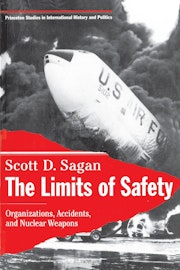
Environmental tragedies such as Chernobyl and the Exxon Valdez remind us that catastrophic accidents are always possible in a world full of hazardous technologies. Yet, the apparently excellent safety record with nuclear weapons has led...
-
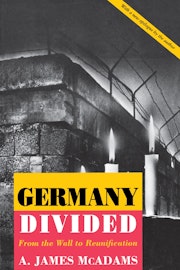
Germany Divided remains one of the most thought-provoking and comprehensive interpretations of the forty-year relationship between East and West Germany and of the problems of contemporary German unity. In this politically controversial...
-
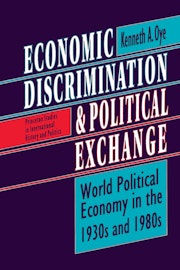
Did bilateral and regional bargaining choke off international commerce and finance in the 1930s and prolong the Great Depression? Is the open world economic system now being placed at risk by explicitly discriminatory practices that...
-
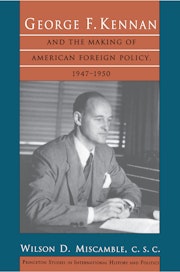
When George C. Marshall became Secretary of State in January of 1947, he faced not only a staggering array of serious foreign policy questions but also a State Department rendered ineffective by neglect, maladministration, and low...
-
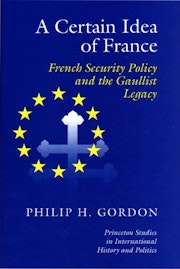
As France begins to confront the new challenges of the post-Cold War era, the time has come to examine how French security policy has evolved since Charles de Gaulle set it on an independent course in the 1960s. Philip Gordon shows that...